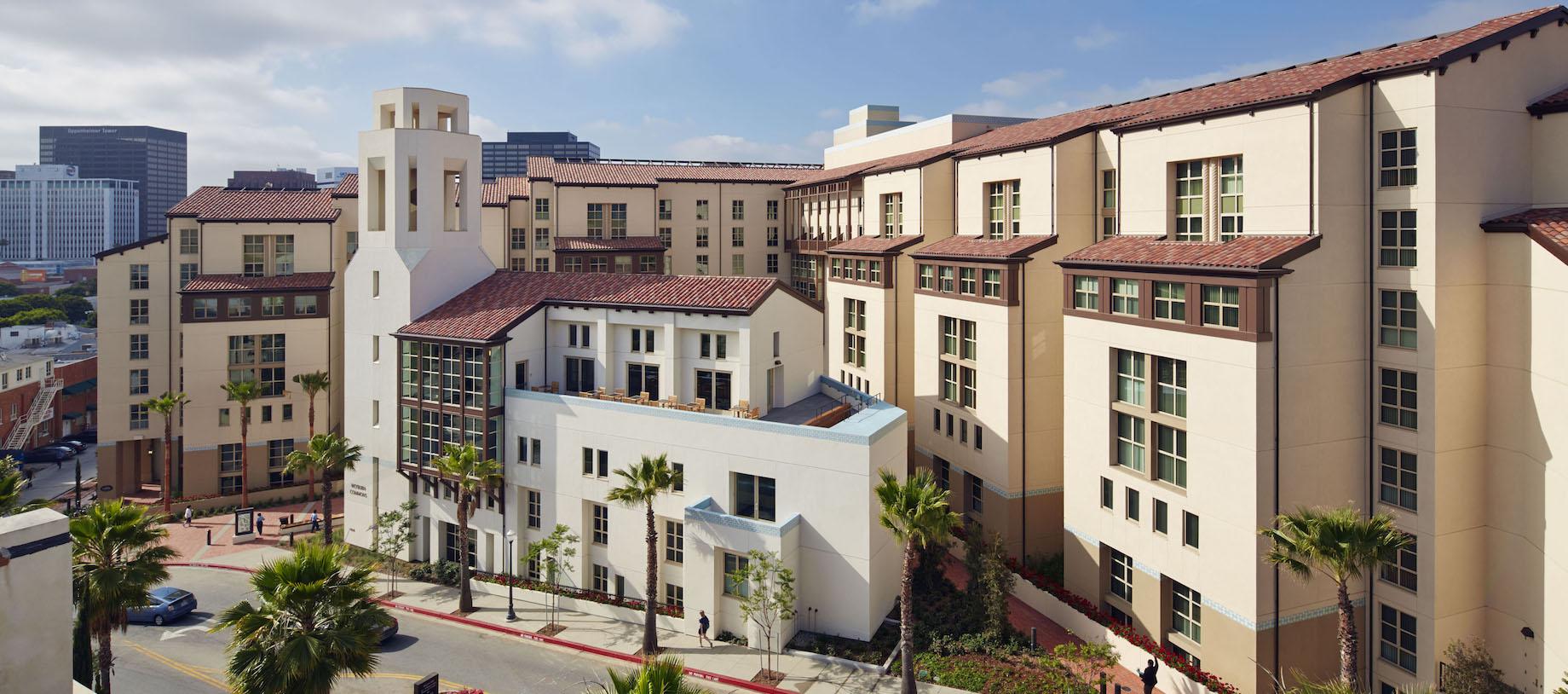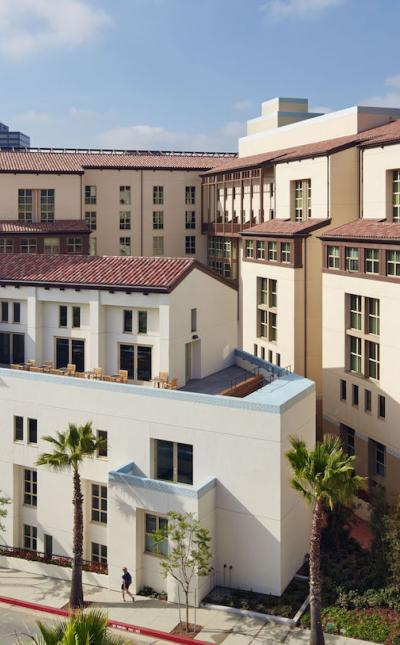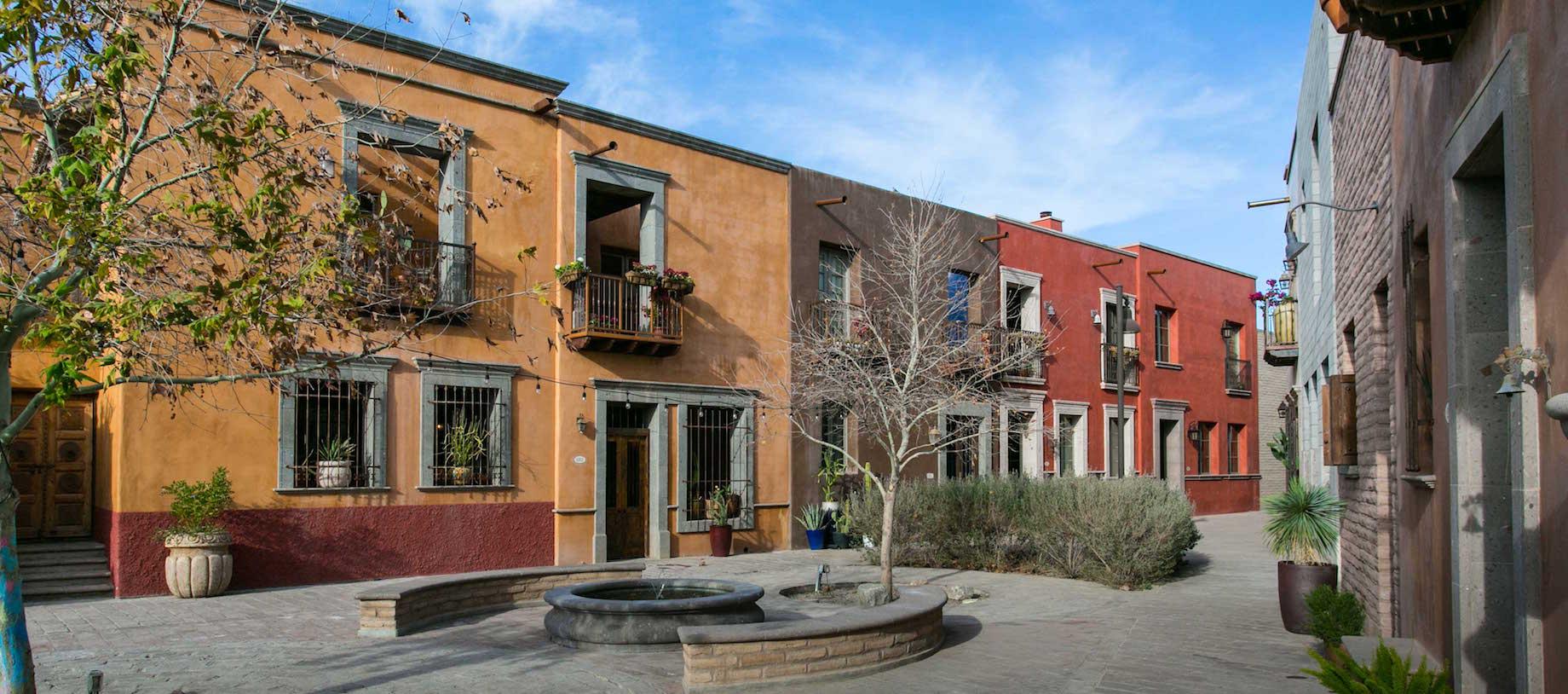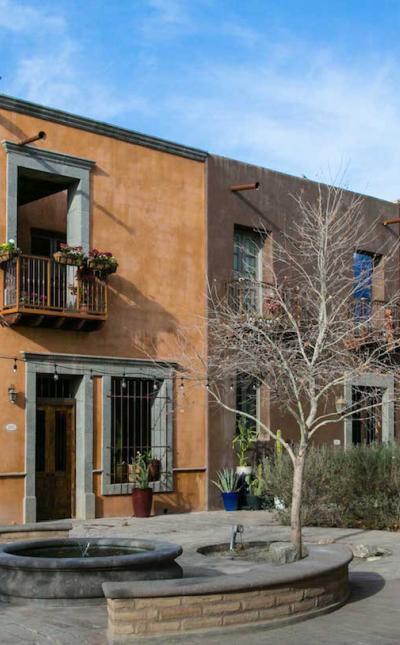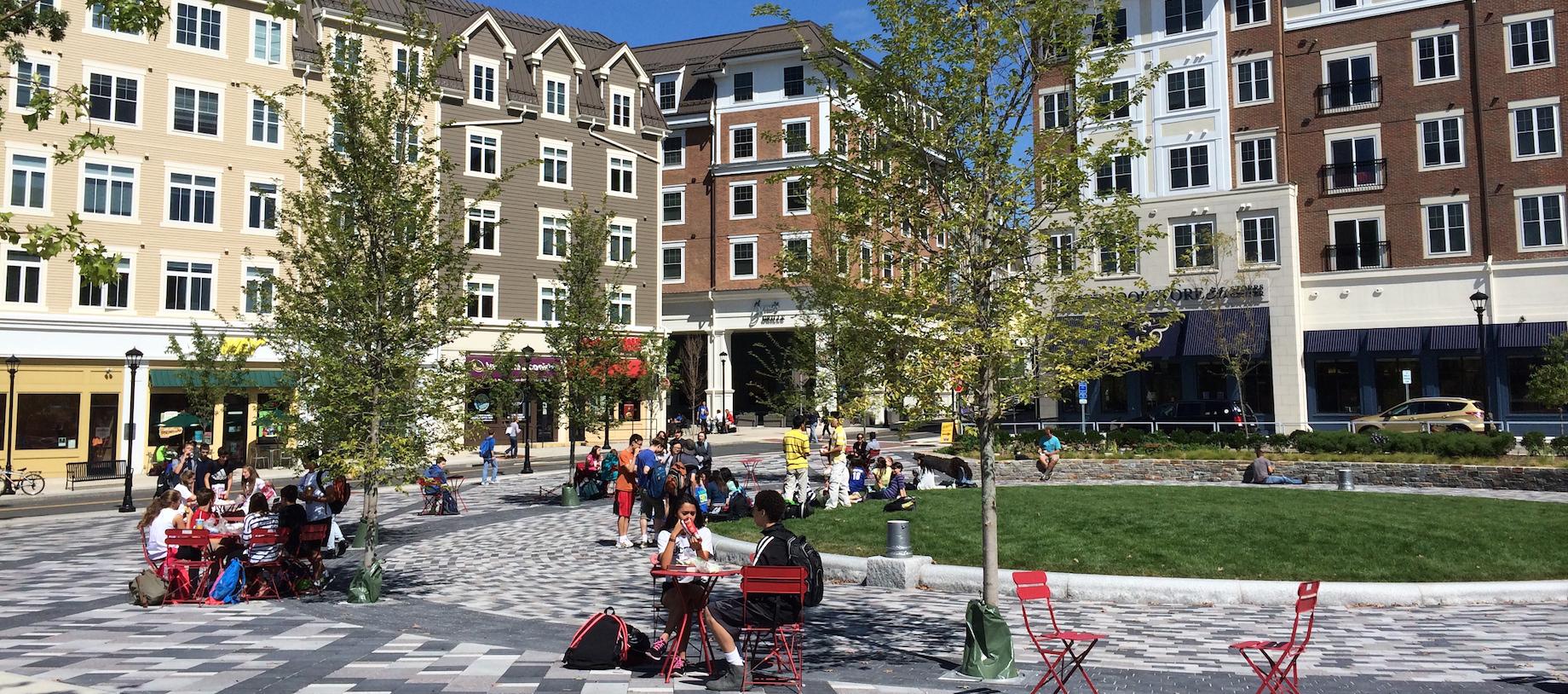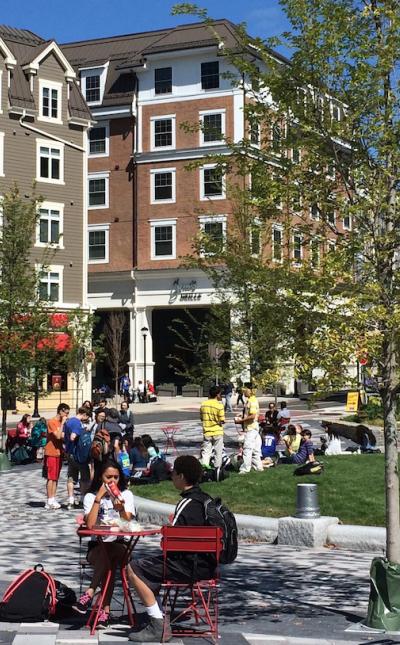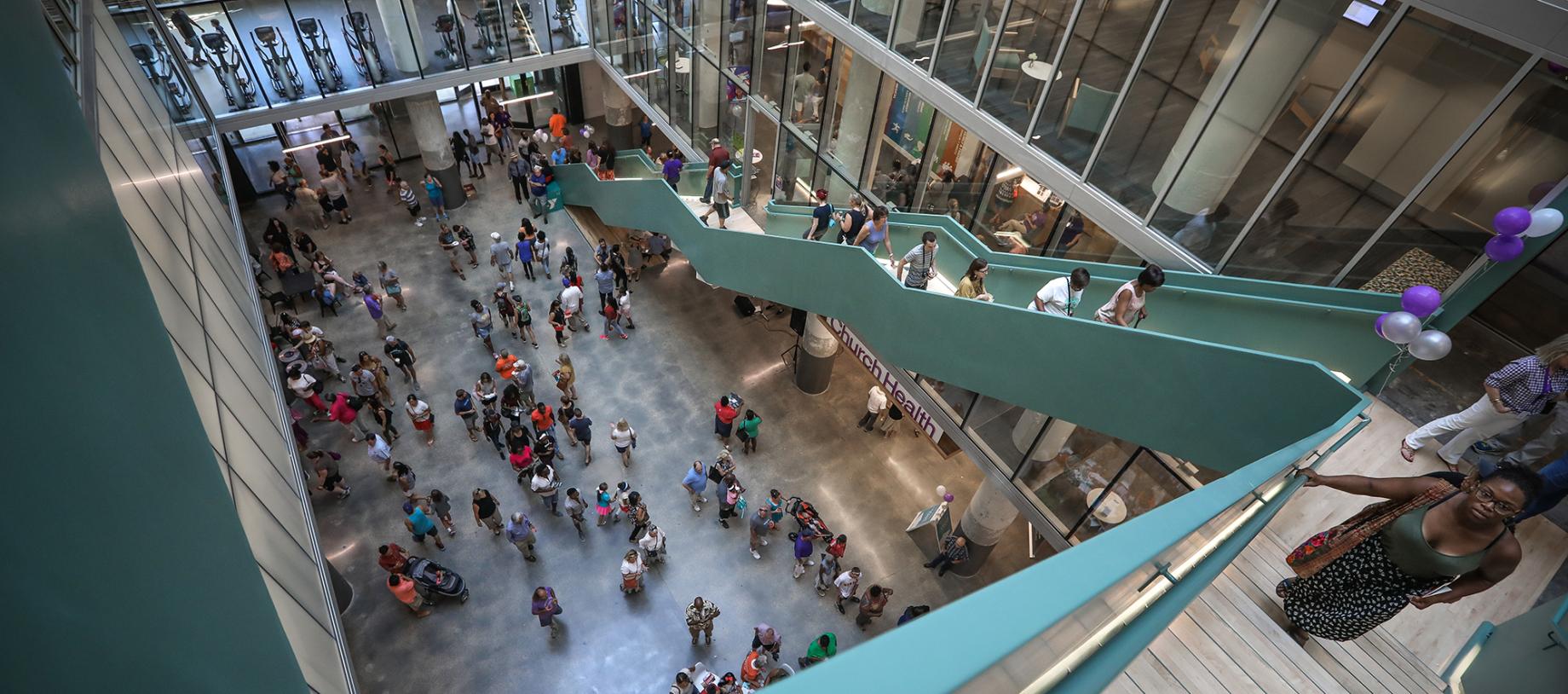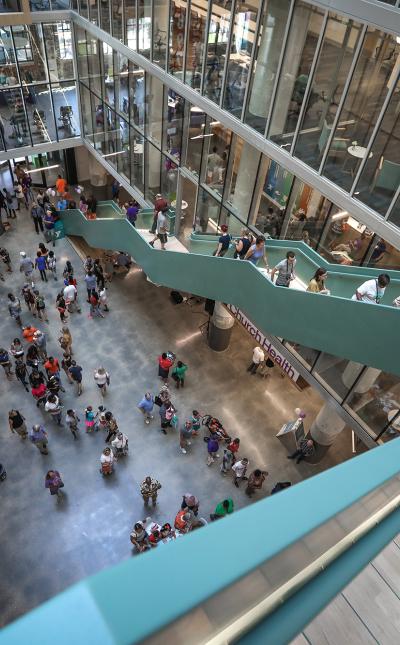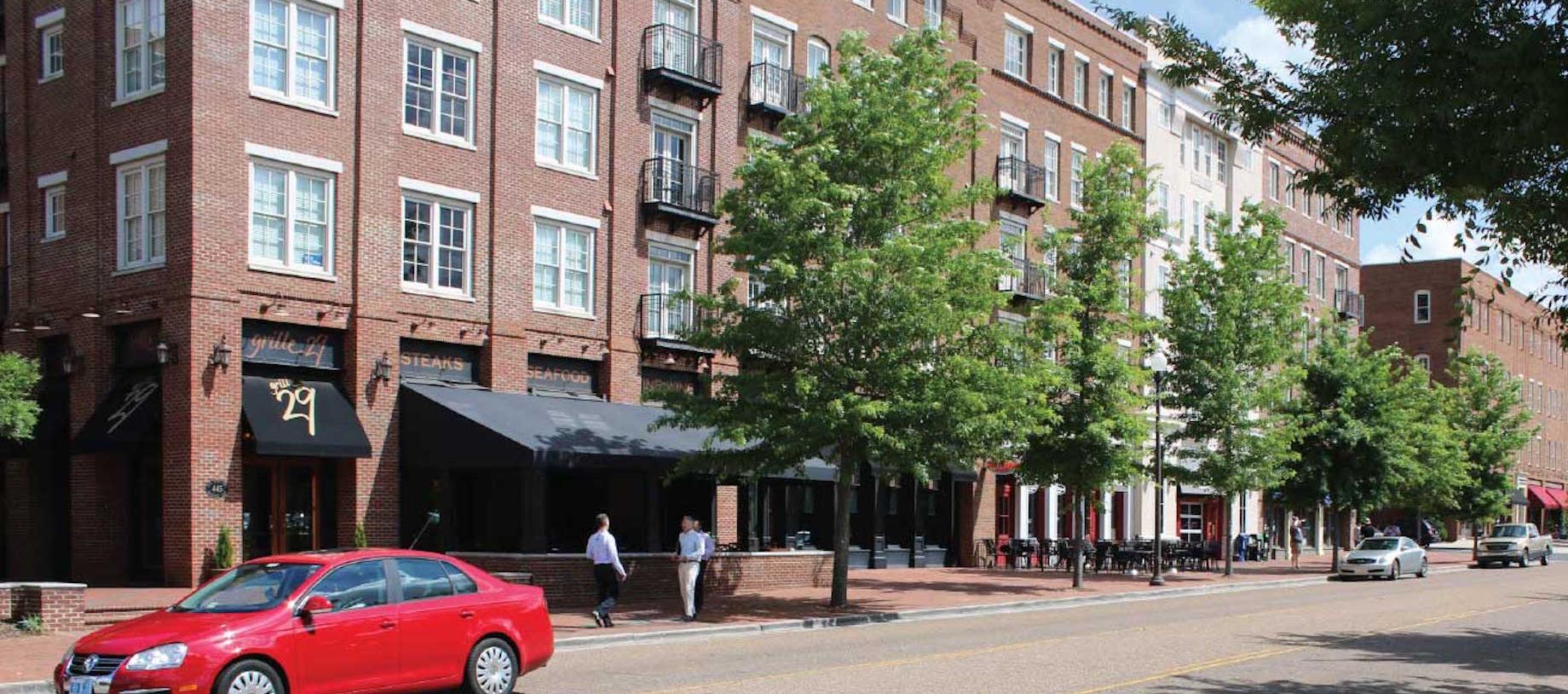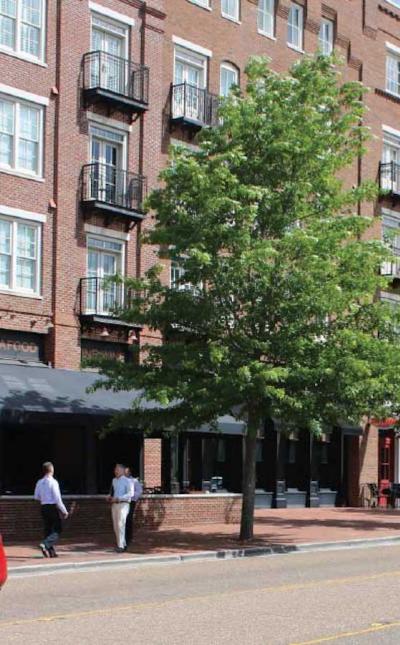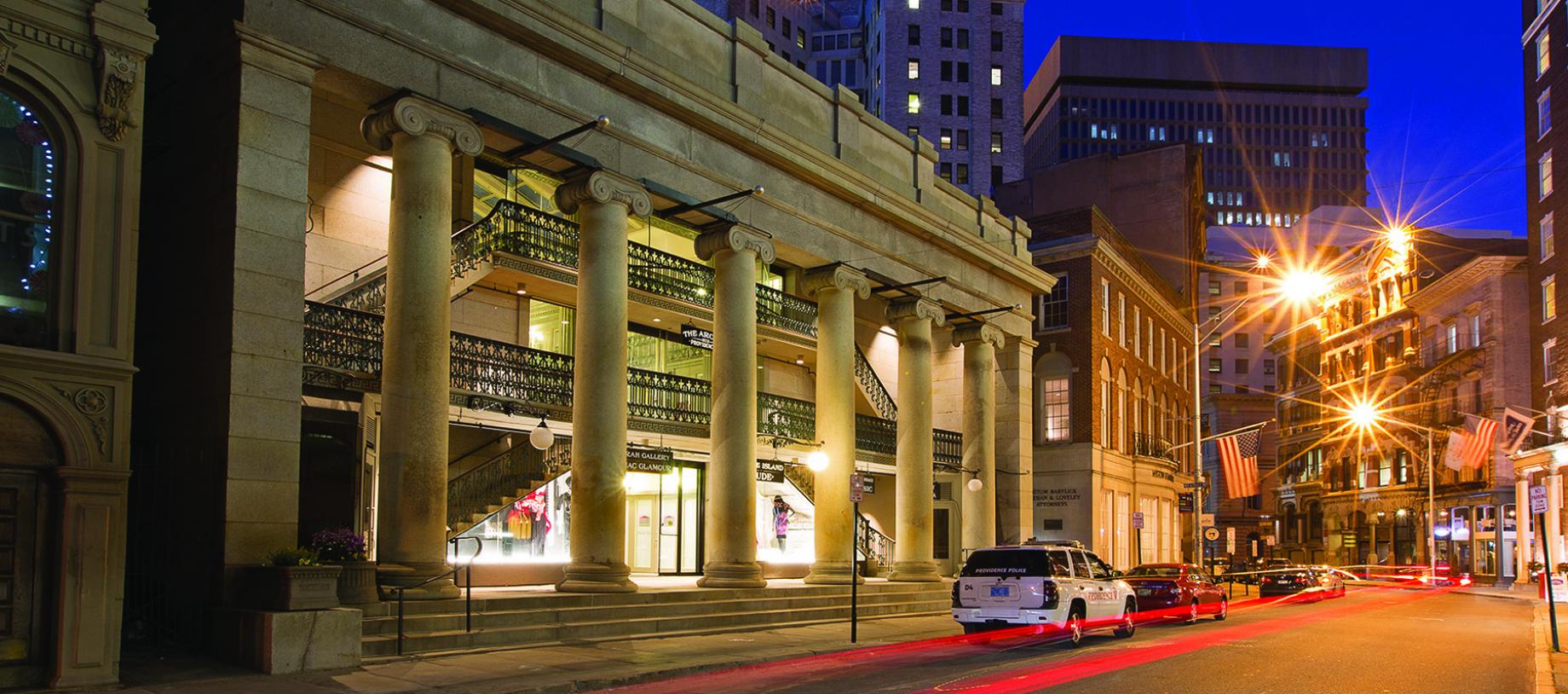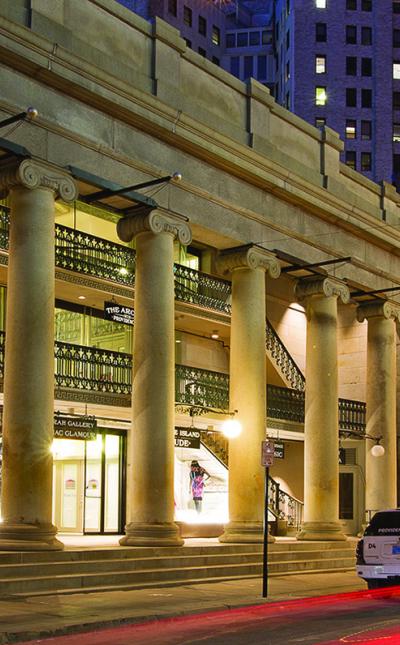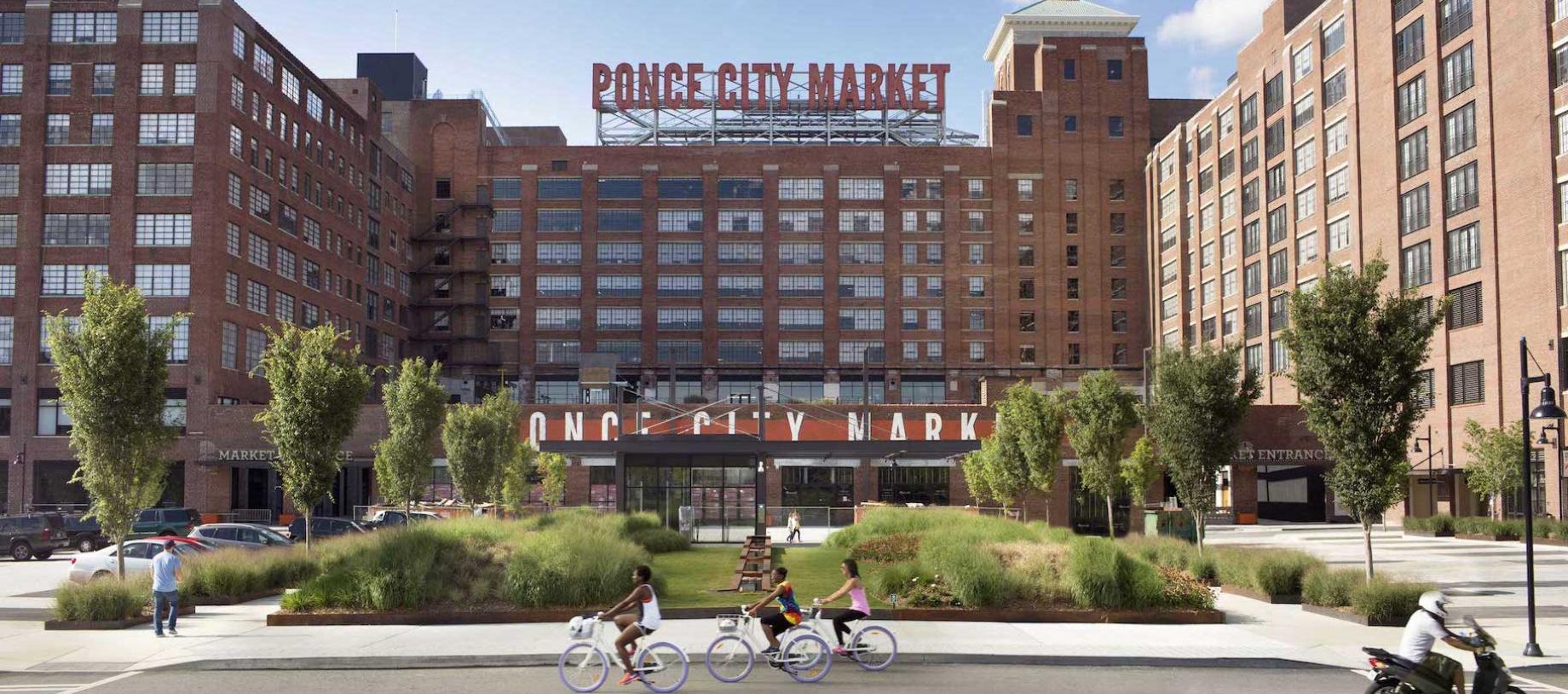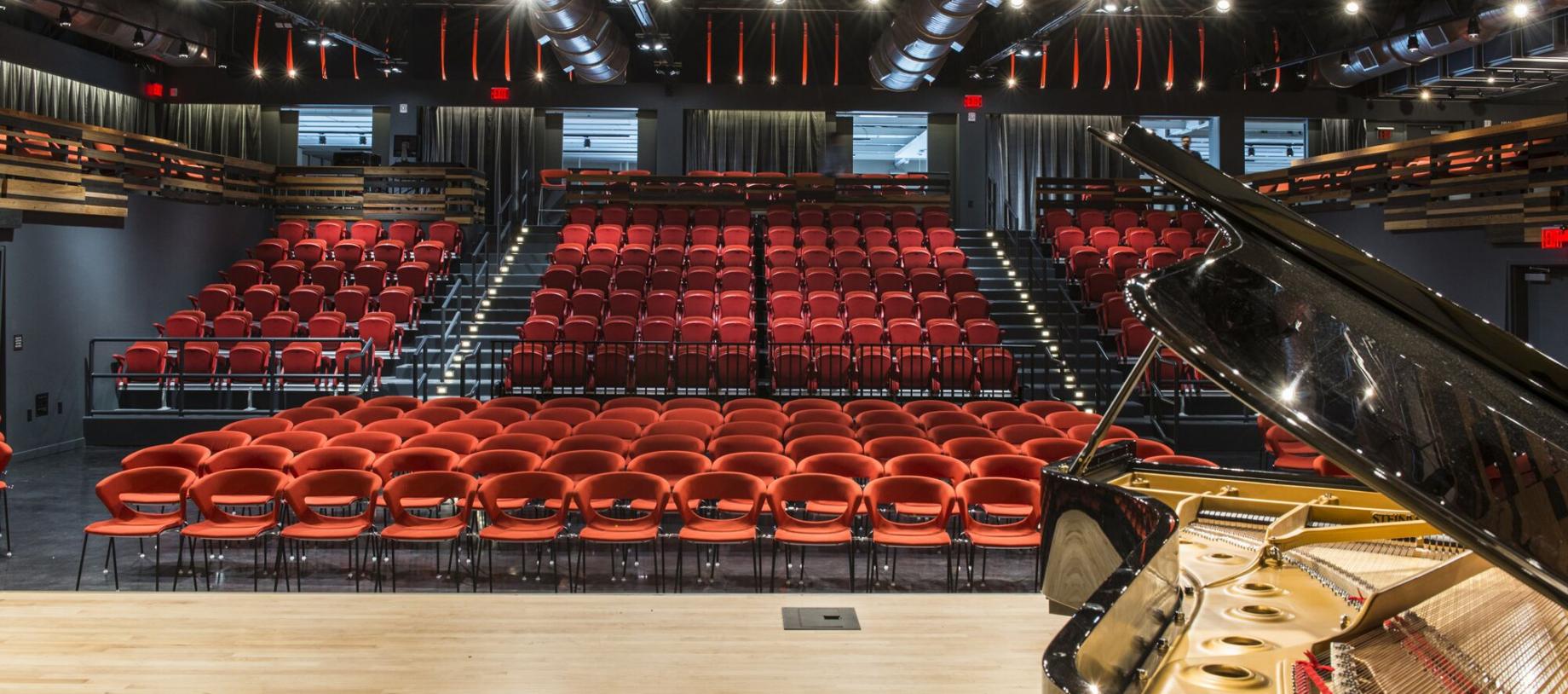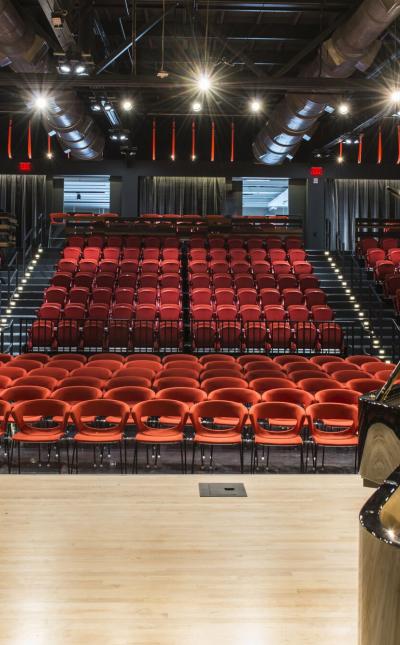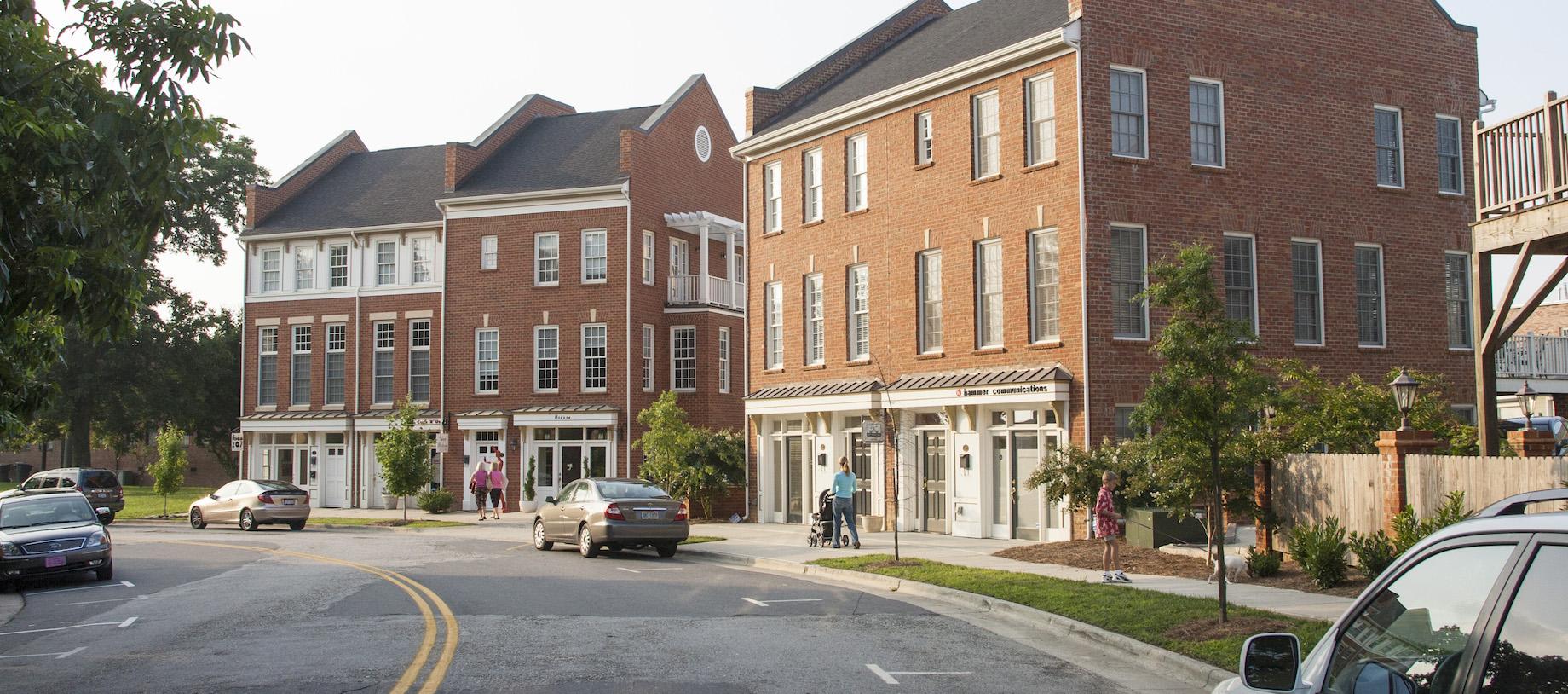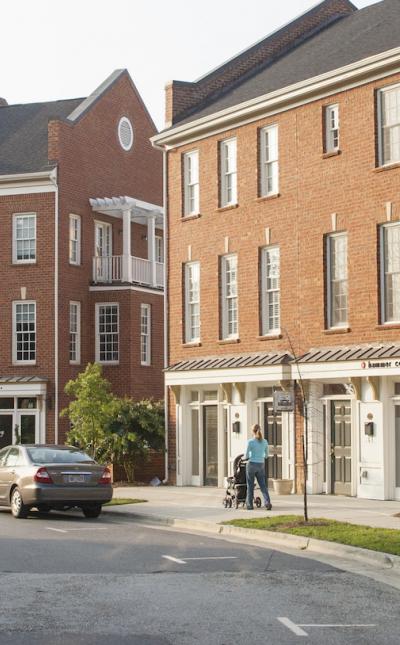At CNU 30 in Oklahoma City, New Urbanists launched the Climate and Equity Challenge to engage all our members, chapters, affiliates and allies to meet the most pressing issues of our time: the climate emergency and the equity imperative.
From the beginning, the Congress for the New Urbanism has been dedicated to building more resilient and equitable cities and towns across the United States and Canada. As CNU’s 2017 Climate Summit reaffirmed, “we have neither the time nor the resources to tackle climate change and racial and social equity as separate challenges.” The declaration by the United Nations of a planetary red alert adds further urgency to commitment to lead.
It has long been clear that the dominant pattern of wasteful, sprawling land development and building is an economic, environmental, and social catastrophe. There is an alternative – one that offers our best hope for both mitigating and adapting to climate change and promoting racial and social equity.
We must return to building compact, integrated, walkable development. We must also repair the damage done to communities by building cities around cars instead of people. Walkable urbanism conserves resources and minimizes the scale and costs of public and private infrastructure. Compact communities create a better balance of jobs with housing, offer multiple options for mobility and sharply reduce greenhouse gas emissions and enhancing affordability. Complete neighborhoods offer a wide range of housing types, with the ability to meet daily needs within a 15 walk or bike ride.
Compact cities also conserve and regenerate land, forests, wildlife habitat, waterways, and wetlands, as well as reserving space for agriculture. New Urbanism also emphasizes multifunctional public space that can improve public health, reduce a city's carbon footprint, encourage active lifestyles, and create places where community can form.
Compact communities must be diverse, inclusive and equitable ones. Our Charter clearly committed our movement to oppose “racial and economic segregation.” Hurricane Katrina and recent heat waves have laid bare the vulnerabilities of communities of color, the poor, the young and seniors. Only by building communities that work for everyone can we face future climate stresses and shocks with resilience.
Drawing on our movement’s tradition of excellence in community design and (re)development, the Congress for the New Urbanism is uniquely positioned to shape the way we adapt to climate change and build in equitable outcomes.
The Climate and Equity Challenge focuses our movement’s work on researching and creating models, policies, coalitions, partnerships and projects that address the gravity and urgency of these issues.
We will draw on timeless ways of building that for millennia have provided humans shared protection against the elements – and we are committed to implement new strategies and design tools adapted to local communities and their environments.

